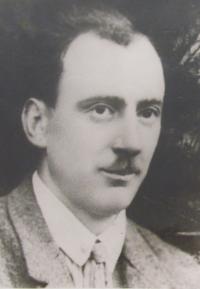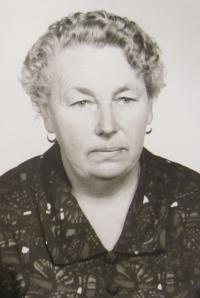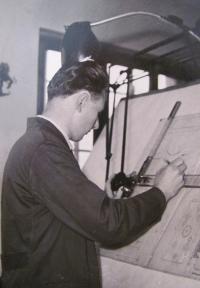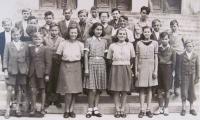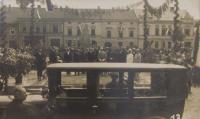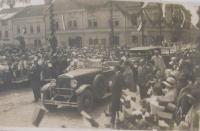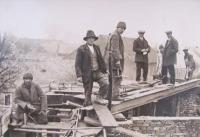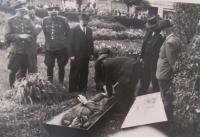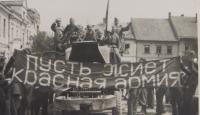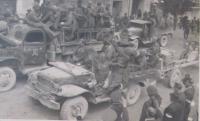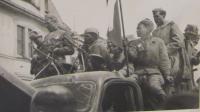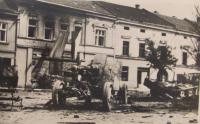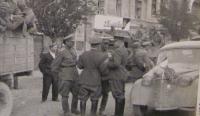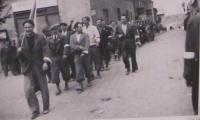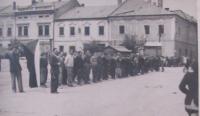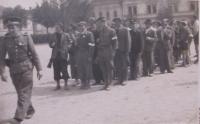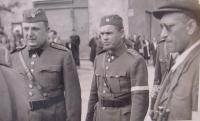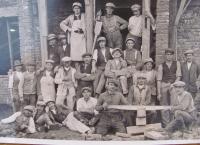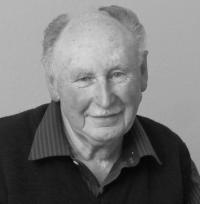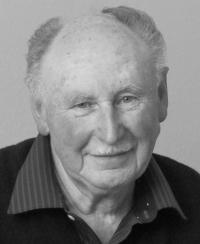No one should be forgotten

Download image
Adolf Řehoř was born on 28 June 1935 into the family of a carpenter; he grew up in Pardubice District. He had a brother three years younger than himself. His childhood was marked by doing the German salute, standing at attention while the Hitlerjugend marched by, and singing the German anthem Die Fahne Hoch. His father was one of the founders of the Communist resistance group among the workers in Černá Hora, who built the motorway there. The group printed leaflets, organised collections in support of the families of those who were interned in concentration camps, and disseminated the news from foreign broadcasts, among other things. On 11 February 1944 his father was arrested. That was the last day that Adolf saw him. His father was taken to the Kounic Student Hall in Brno. He was later deported to the Gross-Rosen concentration camp in Poland. From there he was sent on a death march to Sangerhausen-Dora in Germany. In February 1945 the prisoners there were washed and left to freeze naked in the cold. They died slow deaths. The Řehoř family did not discover the father’s fate until June 1945. The story of his father and many other people from Jevíčko was the main impulse for the writing of Občané Jevíčka v nacistických věznicích a koncentračních táborech (Citizens of Jevíčko in Nazi Prisons and Concentration Camps), which Adolf Řehoř worked on for several years. As of 2017 the witness lives and is active in Jevíčko.
